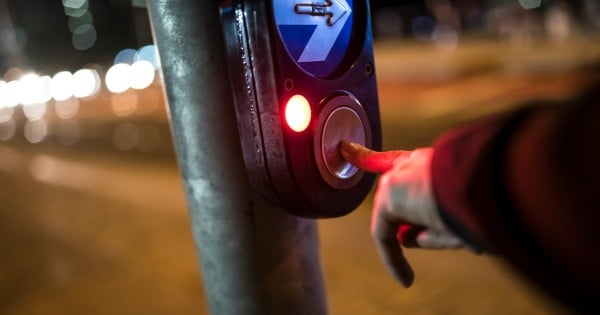
New research has found most people think driverless cars programmed to sacrifice their passengers for the greater good are a good idea – but that not many would drive their family around in one.
Driverless cars are already being tested on Australian roads. Volvo has held driverless vehicle trials in South Australia, with that state introducing legislation covering driverless vehicles in 2015.
However, ethicists are still grappling with how they would handle in a crash. Should they run over pedestrians to protect the occupants of the car? Or veer off the road to save the pedestrian but kill the car’s passengers?
A new study, published in the journal Science, has found that 76% of people surveyed said it was “more moral” for driverless cars to be programmed to choose to save the lives of pedestrians – even if the only other option was to cause its passengers to die instead.
Most people would like others to buy cars programmed to save the lives of pedestrians, but would themselves prefer to ride in a driverless car that protected its own passengers at all costs, the researchers found.






























































































